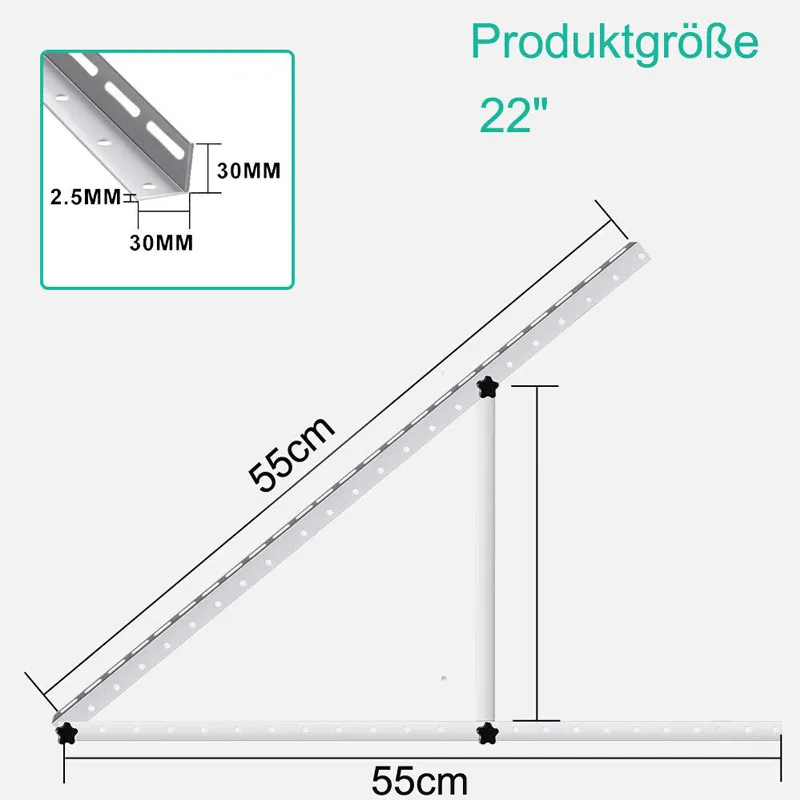

non serrated flange nuts
Nov . 05, 2024 13:28 Back to list
non serrated flange nuts
Understanding Non-Serrated Flange Nuts A Comprehensive Overview
In the world of fasteners, nuts are fundamental components that play crucial roles in various applications. Among the different types of nuts available, non-serrated flange nuts are particularly notable for their design and functionality. This article will explore the characteristics, advantages, applications, and considerations related to non-serrated flange nuts.
What are Non-Serrated Flange Nuts?
Non-serrated flange nuts, often referred to as hex flange nuts, are a type of fastener that features a wide, flat base flange designed to distribute the load over a larger surface area. Unlike serrated flange nuts, which have serrations or grooves on the underside of the flange to enhance locking capabilities, non-serrated flange nuts provide a smoother interface. The absence of these serrations makes them less aggressive on the material they fasten but allows for effective load distribution.
These nuts typically have a hexagonal shape, enabling them to be easily tightened and loosened with standard wrenches. They are generally made from various materials, including steel, stainless steel, and sometimes plastic, depending on the specific requirements of the application. The choice of material significantly influences the nut's corrosion resistance, strength, and overall performance.
Advantages of Non-Serrated Flange Nuts
1. Load Distribution The wide flange helps distribute the load evenly across the surface, reducing the risk of damage to the substrates being fastened. This feature is particularly beneficial in applications where fragility or uneven surfaces are concerns.
2. Ease of Use The hexagonal shape of non-serrated flange nuts allows for easy installation and removal. They can be tightened with standard tools, making them convenient for users.
3. Minimal Surface Damage Unlike serrated flange nuts, the non-serrated design minimizes surface damage to the material being fastened, making them ideal for sensitive applications where surface integrity is paramount.
4. Versatility These nuts can be used in a wide range of applications, including automotive, construction, machinery, and furniture assembly. Their adaptability across various materials makes them popular in diverse industries.
Applications of Non-Serrated Flange Nuts
non serrated flange nuts

Non-serrated flange nuts are utilized in numerous sectors, including
- Automotive Industry Frequently found in vehicles, these nuts are used in wheel assemblies, engine components, and structural assemblies, providing reliable fastening without compromising the integrity of the parts involved. - Construction They are employed in various structural applications, where load distribution is critical. Non-serrated flange nuts are often used in conjunction with bolts to secure beams, trusses, and other construction elements. - Machinery and Equipment In mechanical systems, non-serrated flange nuts are used to fasten moving parts, ensuring components remain securely in place while minimizing wear and tear. - Furniture Manufacturing They provide strong connections in assembly processes, ensuring that furniture remains stable and durable throughout its lifespan.
Considerations When Using Non-Serrated Flange Nuts
While non-serrated flange nuts offer numerous advantages, several factors should be considered when selecting and using them
1. Torque Specifications It's essential to adhere to specific torque specifications when tightening non-serrated flange nuts. Over-tightening can lead to deformation, while insufficient tightening may result in loosening under dynamic conditions.
2. Material Selection Choose the appropriate material based on the application environment. For instance, stainless steel is ideal for outdoor applications due to its resistance to corrosion, while carbon steel may be suitable for indoor use.
3. Compatibility Ensure that the nut's size and thread type are compatible with the bolt or stud it will be used with, to facilitate proper assembly and ensure structural integrity.
4. Inspection and Maintenance Regular inspection of fasteners is critical in maintaining the overall health of mechanical systems. Look for signs of wear, corrosion, or loosening, and replace nuts as necessary to avoid potential failures.
Conclusion
Non-serrated flange nuts are an essential element in various fastening applications, offering ease of use, robust load distribution, and minimal surface damage. Understanding their characteristics and applications can help ensure that they are used effectively in both everyday situations and specialized industries. By considering the relevant factors and maintaining diligent oversight on their use, non-serrated flange nuts can serve as reliable components in ensuring structural integrity and functional performance.
Latest news
-
High-Strength Hot Dip Galvanized Bolts - Hebei Longze | Corrosion Resistance, Customization
NewsJul.30,2025
-
Hot Dip Galvanized Bolts-Hebei Longze|Corrosion Resistance&High Strength
NewsJul.30,2025
-
High-Strength Hot-Dip Galvanized Bolts-Hebei Longze|Corrosion Resistance&High Strength
NewsJul.30,2025
-
Hot Dip Galvanized Bolts-Hebei Longze|Corrosion Resistance&High Strength
NewsJul.30,2025
-
Hot Dip Galvanized Bolts - Hebei Longze | Corrosion Resistance, High Strength
NewsJul.30,2025
-
High-Strength Hot Dip Galvanized Bolts-Hebei Longze|Corrosion Resistance, Grade 8.8
NewsJul.30,2025

